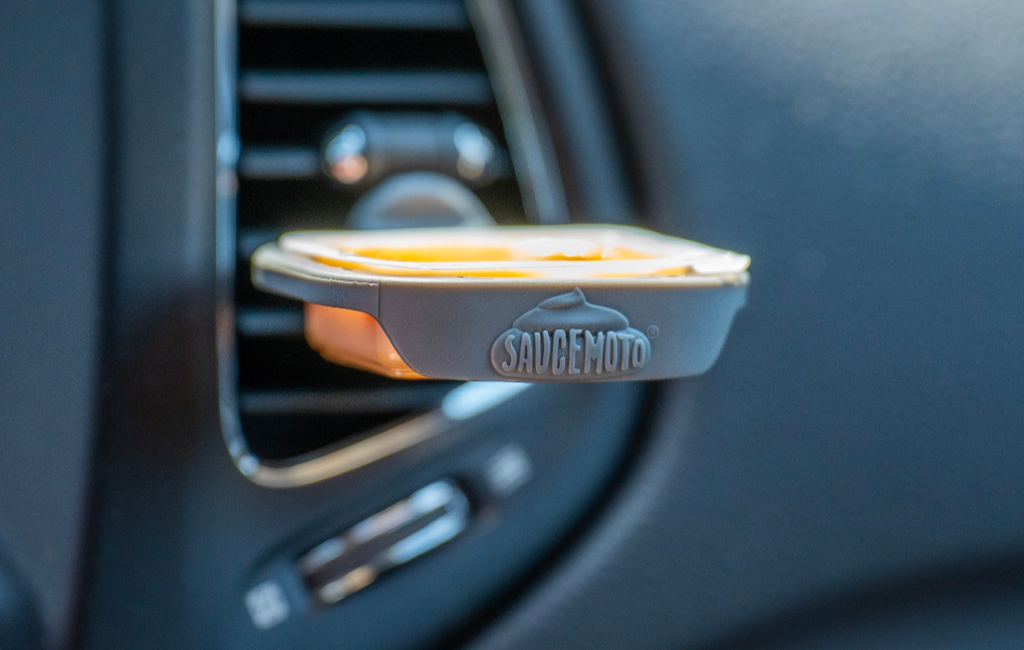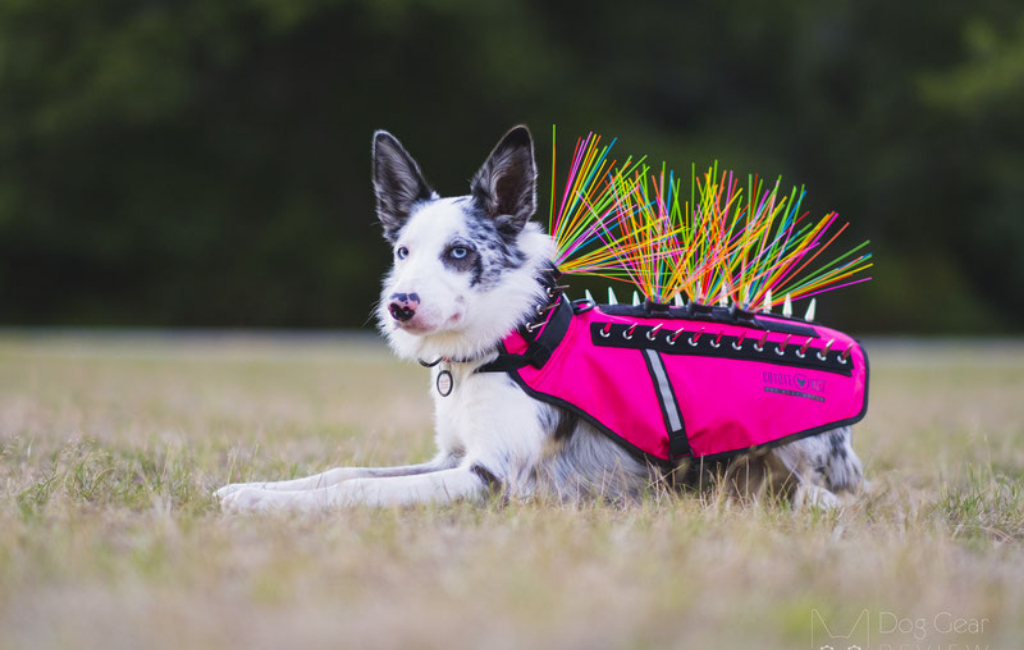BatBnb Bat Houses
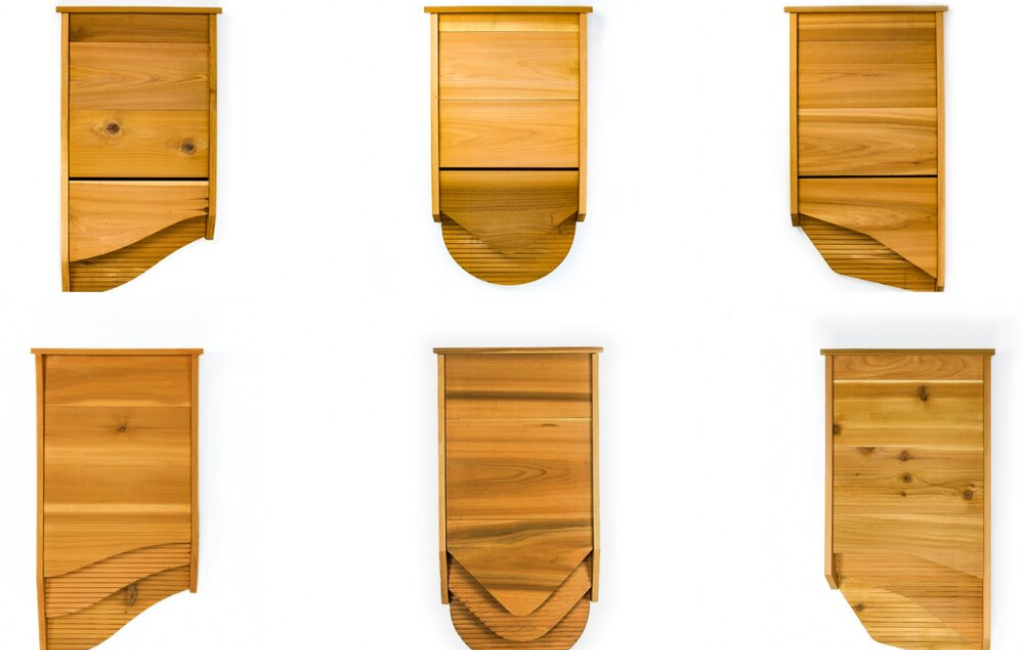

DEAL
EPISODE SUMMARY
🕓 Air Date: May 12, 2019
Asking For:
$100,000 for 16%
Investor:
Kevin O'Leary
Deal:
$100,000 for 25%
PRODUCT SUMMARY
BatBnB offers designer bat houses, creating a natural solution to control mosquito populations by providing a habitat for bats, which are nature's pest control.
WATCH HERE
IN A RUSH?
Click these to jump to the section you want to read.
Background Story
BatBnB, founded by Chris Rannefors and Harrison Broadhurst from Lexington, Kentucky, is more than a business; it’s a response to a growing ecological concern. In 2016, Chris and Harrison, both hailing from Lexington, found themselves grappling with the increasing threat of mosquito-borne diseases due to shorter and warmer winters. Worried about the limited and often harmful solutions available in the market, they turned to a childhood experience that would shape their innovative venture.
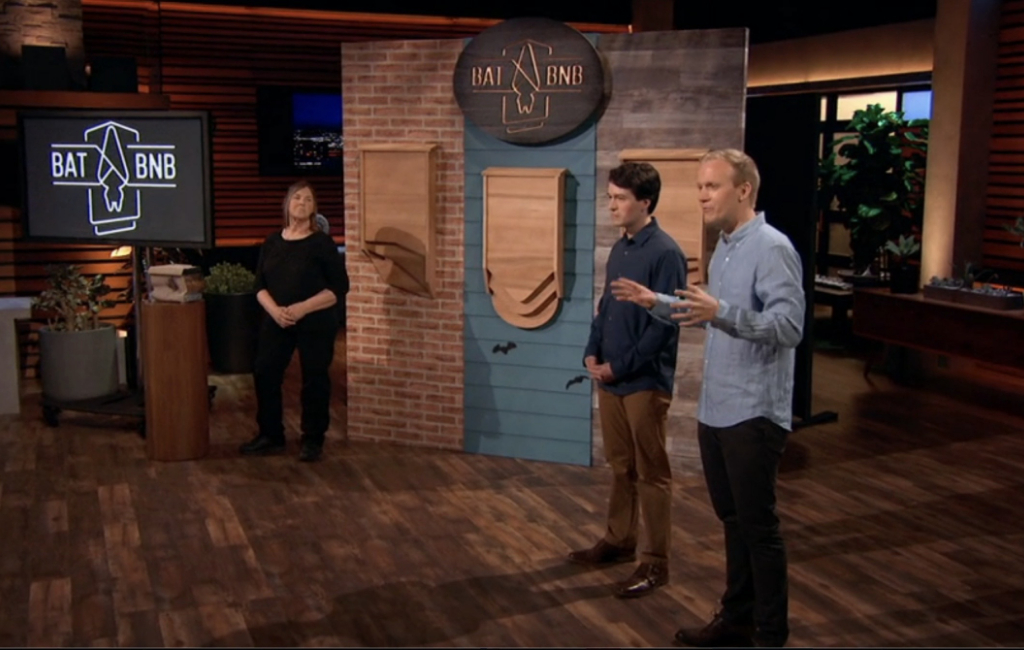
Chris’s father, a passionate conservationist, had involved him in building bat houses during his upbringing. Drawing inspiration from this eco-friendly pest control method, Chris and Harrison conceived BatBnB as a natural solution to the mosquito problem. Their product, a designer bat house, serves a dual purpose – it provides a safe and conducive environment for bats while offering an effective means of controlling mosquito populations.
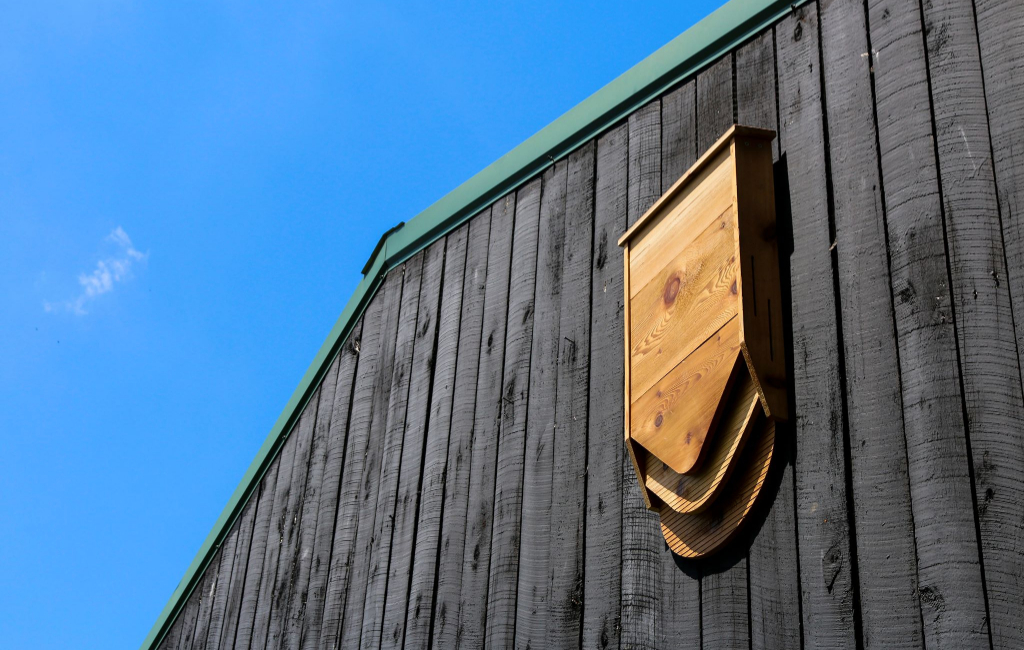
The journey of BatBnB began as a small hobby, a side project the founders pursued in their free time. Two years into this endeavor, their passion project evolved into a promising business venture that caught the attention of the Sharks on “Shark Tank.” The backstory of BatBnB is not just about entrepreneurship; it’s a tale of environmental consciousness, inspired by a commitment to finding sustainable solutions to contemporary challenges. With their roots in Kentucky and a shared concern for the environment, Chris and Harrison embarked on a mission that blends innovation, conservation, and a touch of personal history.
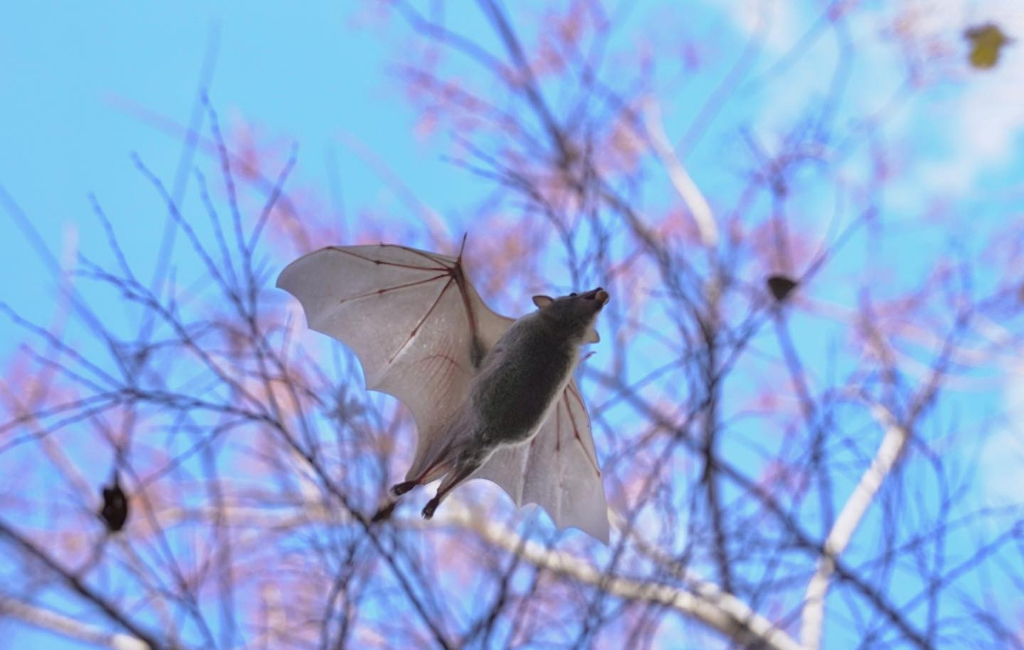
The Product
BatBnB offers an ingenious solution to the age-old problem of mosquito infestations by harnessing the natural pest control capabilities of bats. The product, a designer bat house, is meticulously crafted with features that cater to the needs of these misunderstood creatures. Each BatBnB is designed to mimic the natural habitat of bats, featuring interior groove chambers and landing pads that facilitate easy gripping, climbing, and hanging for the bats.
The houses are strategically crafted to bio-mimic the space between peeling bark on a dying tree, providing an ideal environment for mother bats to safeguard their pups from predators. The innovative design not only serves as an effective pest control measure but also contributes to the conservation of these beneficial animals.
Priced at $239, the BatBnB can be purchased directly from the company. The houses are not just a solution for individual homeowners; they also target the public sector. With county-level budgets allocated for mosquito and pest control, BatBnB aims to position itself as an eco-friendly and sustainable choice in the fight against disease-carrying insects.
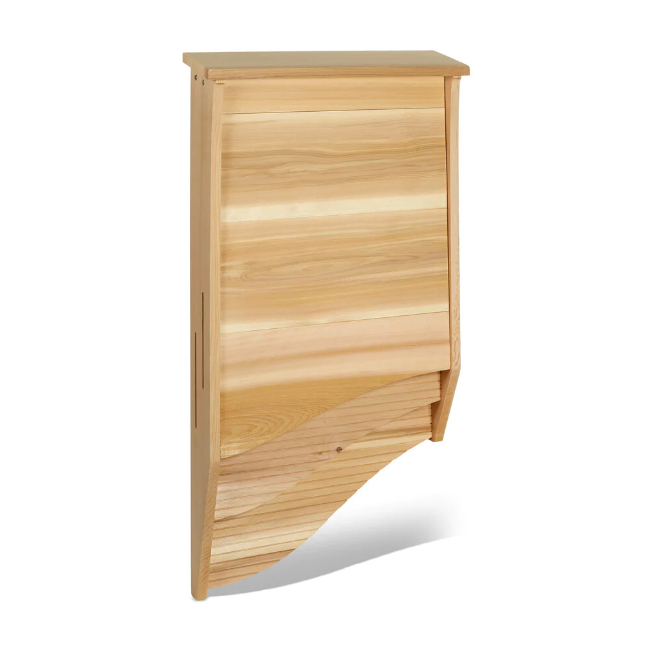
How It Went
The company’s position before Shark Tank
BatBnB, since its launch 11 months ago via crowdfunding, has demonstrated a commendable financial trajectory. With revenues reaching $135,000, the company has successfully established itself in the market. The founders, Chris Rannefors and Harrison Broadhurst, project sales of $145,000 for the current year, showcasing a positive outlook. Currently, BatBnB operates primarily in the consumer market, where they’ve experienced growth.
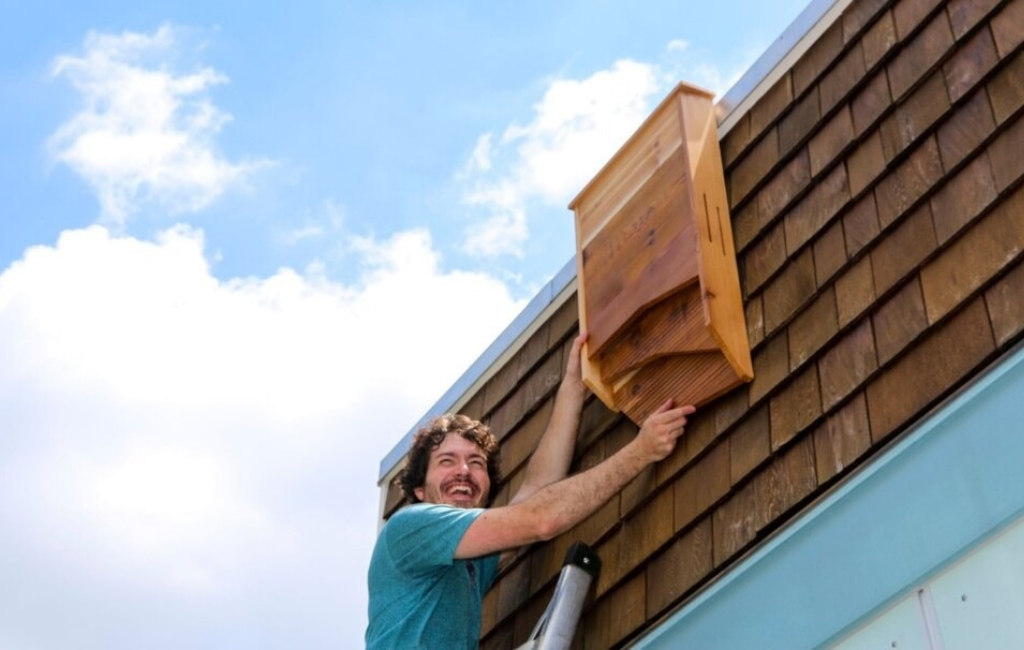
However, their strategic vision includes expanding into the public sector, targeting county-level budgets for mosquito and pest control. This strategic move aligns with the company’s mission to offer an eco-friendly alternative in regions with significant pest control needs. In terms of funding, BatBnB’s initial capital came from crowdfunding, signaling early support and interest from consumers. The successful pitch on “Shark Tank” resulted in a deal with Kevin O’Leary, who committed $100,000 for 25% equity.

This injection of capital from a Shark not only provides financial resources but also brings the potential for strategic guidance and increased visibility. As for the company’s financial structure, the information provided indicates a focus on profitability, with a production cost of $88.50 per unit. With a solid foundation in place and the backing of Kevin O’Leary, BatBnB is poised for growth, aiming to become a $1 million-a-year business within five years.
The Negotiations:
The negotiation process for BatBnB on “Shark Tank” involved a thoughtful exchange between the founders, Chris Rannefors and Harrison Broadhurst, and the Sharks, particularly Kevin O’Leary. The initial ask was $100,000 for 16% of the company. Kevin O’Leary, recognizing the potential of the business but expressing reservations about the market size, made the first offer: $100,000 for a larger equity stake of 33.3%.
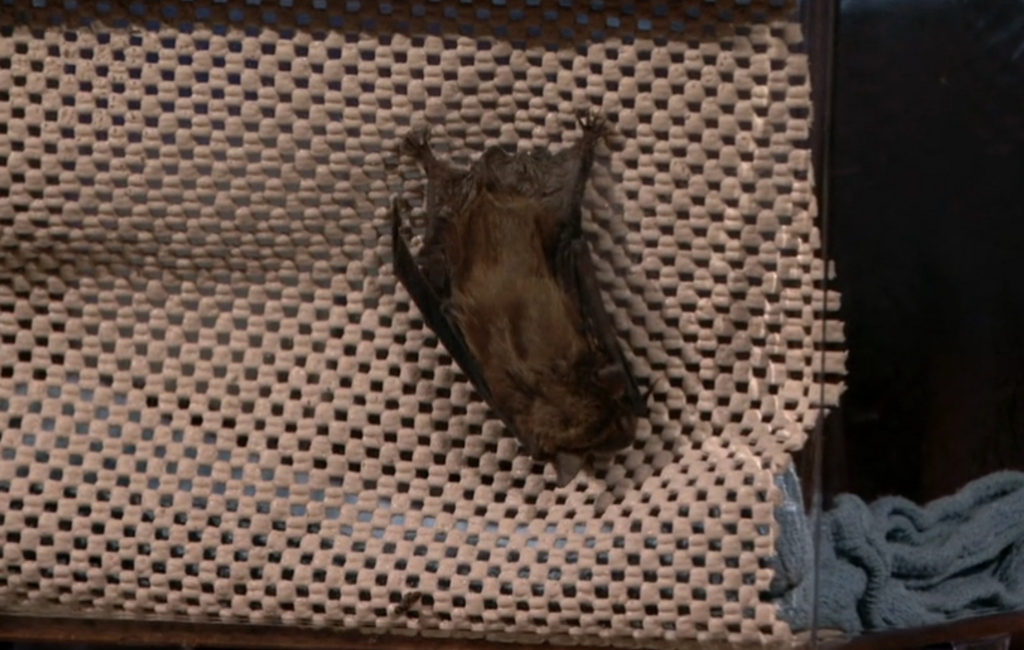
The founders, keen on maintaining more ownership, counteroffered at 25%, emphasizing their desire for Kevin O’Leary’s involvement while safeguarding a larger share of their business. After a brief negotiation, Kevin O’Leary agreed to the counteroffer, sealing the deal at $100,000 for 25%. The negotiation highlighted the founders’ strategic approach to securing a Shark while maintaining a balance of ownership in their company.

The negotiation touched upon concerns about market size, education of consumers regarding the value of bats, and the founders’ projections for the business. Kevin O’Leary’s offer reflected his belief in the product’s potential and his willingness to bring significant promotion to the venture. The founders’ acceptance of the deal marked a successful collaboration, with Kevin O’Leary joining BatBnB not just as an investor but as a partner in their mission to promote eco-friendly pest control.






